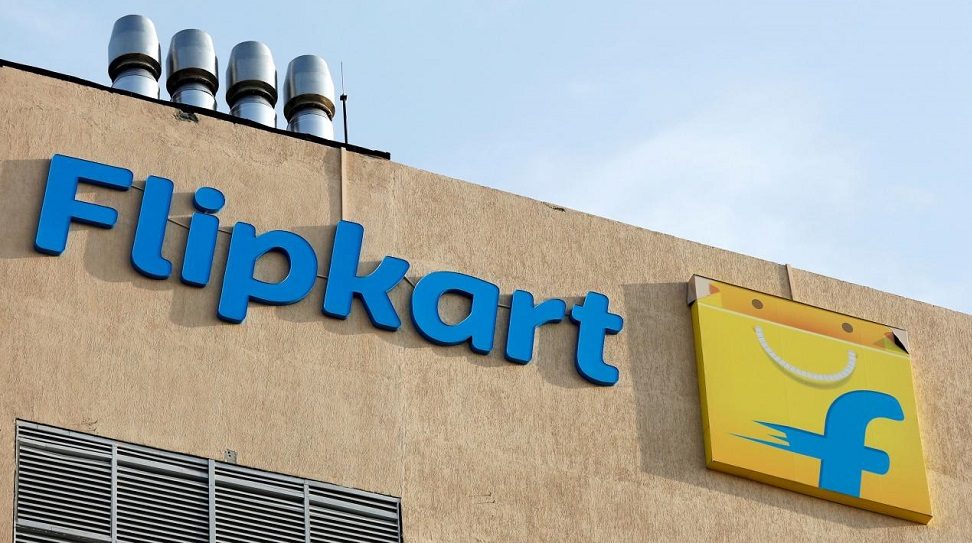Indian e-commerce giant Flipkart has decided to re-apply for a food retail licence in the country after its initial proposal was rejected last week.
Start your deal-making journey now!
Subscribe now to enjoy unlimited access at just $59.
Premium coverage on private equity, venture capital, and startups in Asia.
Exclusive scoops from our reporters in nine key markets.
In-depth interviews with industry leaders shaping the ecosystem.
Already a Subscriber? Log in
Contact us for corporate subscriptions at subs@dealstreetasia.com



